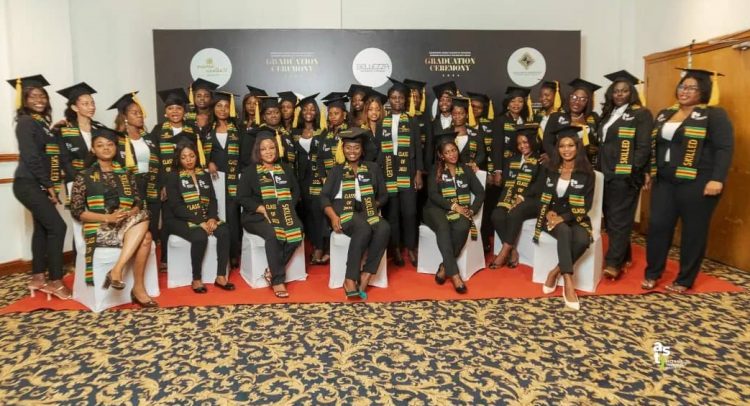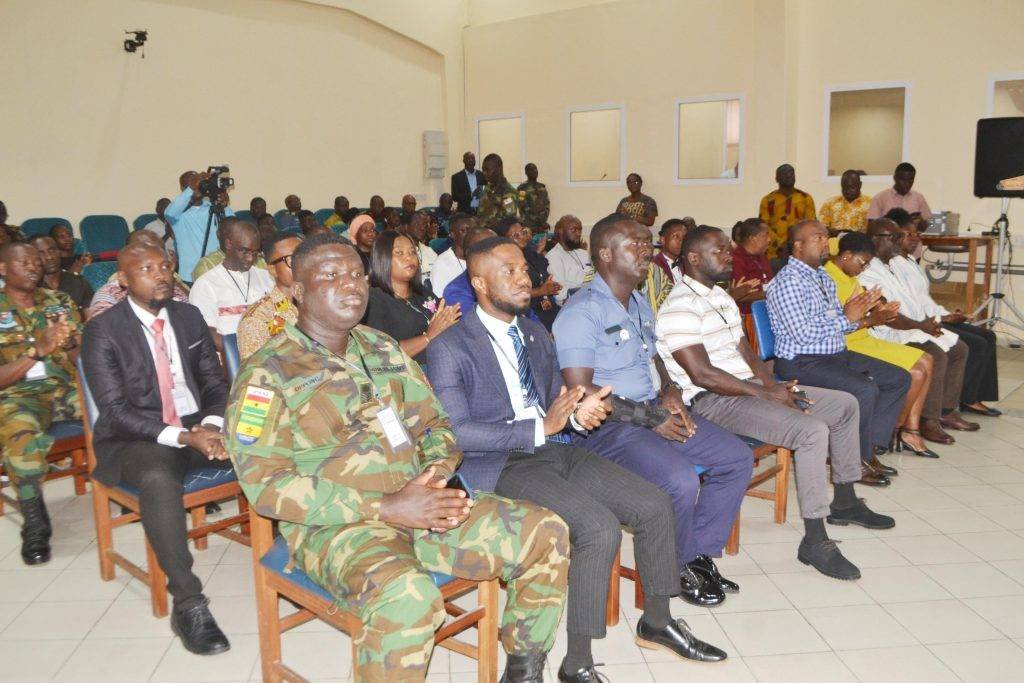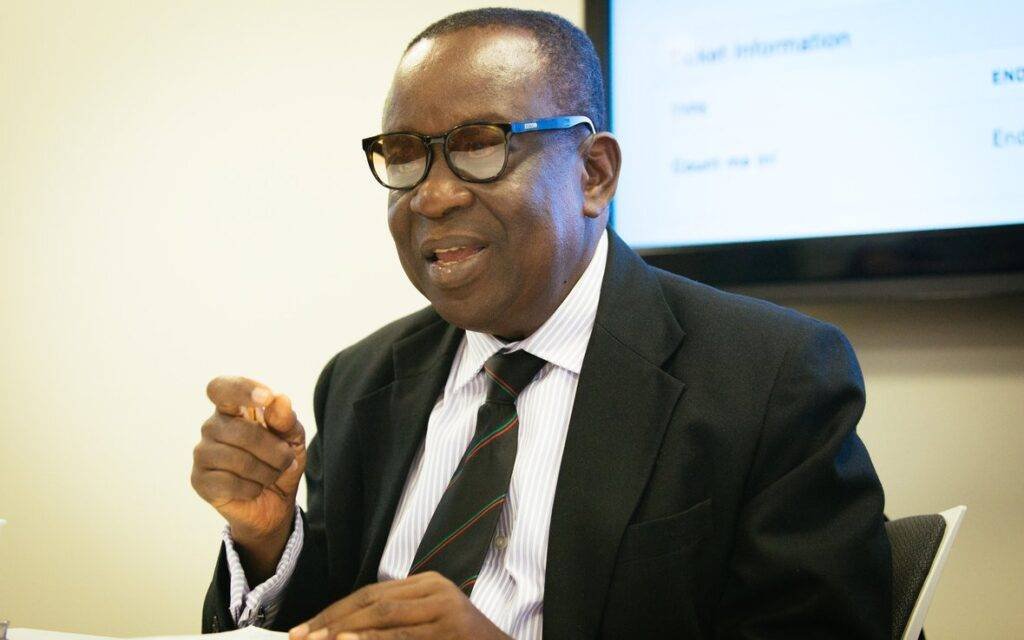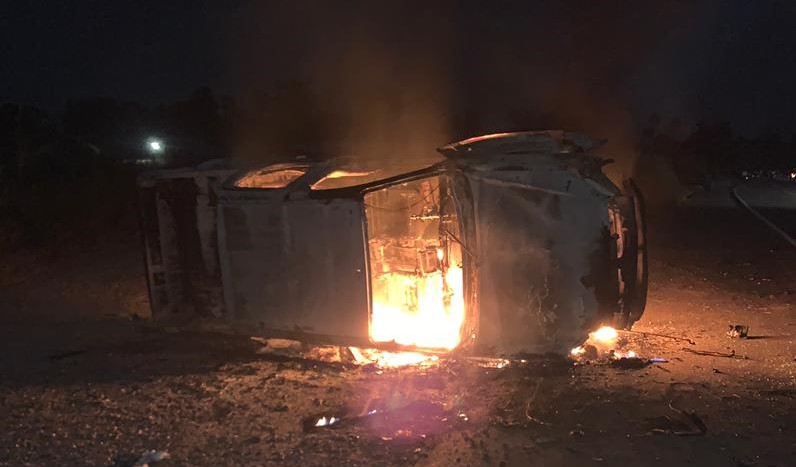
Stakeholders are urging the government to implement sustainable measures in order to enhance the safety of teachers in public schools, following a rise in attacks on educators by students.
They argue that indiscipline in public schools is becoming increasingly prevalent due to the ban on corporal punishment.
This ban has led some students to feel emboldened to attack teachers over minor issues, prompting calls for school administrations to prioritise the safety of their staff.
These concerns were highlighted last Friday during a two-day seminar organised by the Centre for Maritime Law and Security (CEMLAWS) in partnership with the National Security and the University of Aberdeen, held in Accra
Theme: ‘The Role of the Educationist in Peace and Security’ brought together stakeholders in the education sector, security experts and others to discuss violent extremes in our society and communities.
Addressing participants drawn from the various regions, the Director of Training and Partnership of CEMLAWS, Mr Nelson A. Ayamdoo, suggested a stakeholder dialogue to help develop some security components or models in the education curriculum.
He said although the seminar was to provide some sort of security training for players in the educational institutions, there was a need to expand the dialogue to ensure the safety of teachers and their learners.
“So this seminar was not really organised to respond exactly to the security situations that are developing in schools, and we are hoping that some of these series of training will be incorporated in activities of students.
It just happened that these issues also developing is just a coincidence, but definitely, security has become a tropical issue, not just in schools, but in the whole country,” he explained.
Mr Ayamdoo also stated that the seminar was structured in such a way that it would equip the participants with the necessary knowledge and expertise to manage such situations and conflicts within their communities.
“It is significant for them to know all their weaknesses, and as well identify and read out violent behaviour of extremism that will be manifested or that are manifesting in their education institutions.
So part of the seminar is aimed at equipping participants with that knowledge and preparedness,” Mr Ayamdoo emphasised.
The Director of Counter-Terrorism Fusion Centre, Brigadier General Timothy Tifucro Ba-Taa-Banah, said schools are breeding grounds for violent extremism and are prone to conflicts and that the role of educationists is to help train, identify and help resolve these conflict-prone issues.
He said schools have the value of disseminating national security issues, and that the seminar was not looking at not just only the basic schools or the secondary school but as well as the universities and all other training institutions.
“The hope is that this seminar will impact the national knowledge for them to identify conflicts, the progress of conflicts in their schools, how they will resolve them,” Brigadier General Ba-Taa-Banah said.
Dr Manu Lekunze, a lecturer on International Relations at the University of Aberdeen, underlined that beyond teaching, teachers were mandated to provide security for their learners and need to know the signs and symptoms of security issues.
The participants received certificate of participation.
BY BERNARD BENGHAN
The post Teachers acquire skills in national security appeared first on Ghanaian Times.
Read Full Story










Facebook
Twitter
Pinterest
Instagram
Google+
YouTube
LinkedIn
RSS